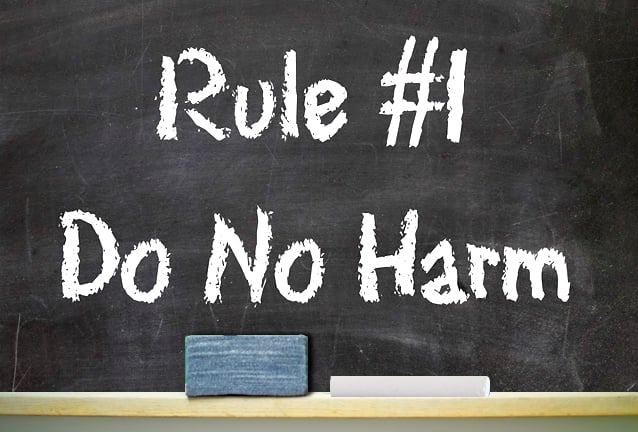
© Prevent Cancer Now, Canada
«Employees do not want to develop unethical products»
Computerworld talked about ethical aspects of digital technologies with Markus Christen of the University of Zurich. He believes that risks are sometimes overstated. Nevertheless, debates around ethical questions are needed.
Computerworld: Do we see digital technologies through rose-tinted glasses – that is, the benefits, but less the social impact?
Markus Christen: I do not have that feeling. In general, we often tend to overestimate or misrepresent certain risks. Especially in the last few weeks and months, we certainly talked more about risks than about benefits. The question is where one asks around. In the public and in the media, the discourse on risks is currently dominating – keyword Facebook. Meanwhile, the business is more focused on the benefits.
CW: Did the Facebook case bring ethics back into the conversation?
Christen: The outcomes of it were not completely new. But yes, the case triggered a much bigger social debate. This seems to be an indication that there is now more sensitivity around the topic.
CW: In the study, you suggest that companies should look at the “business case” as well as the “ethics case”. What does that mean exactly?
Christen: It is basically a matter of already thinking about which ethical values are affected by a software product at the stage of development. One should consider how to minimize possible risks with certain features or even highlight certain positive aspects. First, companies should bear in mind that earning money also depends on certain ethical aspects. For example, if it becomes known that a product is seriously violating people’s privacy, it is likely to sell less. On the other hand, values such as the fairness of a product could also be used for marketing purposes.
CW: Is this a realistic scenario? Experience shows that companies are more likely to focus on profit.
Christen: I think it’s realistic. Employees generally do not want to develop unethical products. Also, profit and ethics do not necessarily contradict each other. Especially in an environment where critical awareness tends to increase, companies can score with ethics and – to put it bluntly – make a profit.
CW: Could ethics in the IT industry be made more relevant with ethics committees, for example?
Christen: That is certainly a possible approach – certain companies have already begun to introduce this internally. But I do not believe that the ideal solution is a watchdog panel. In my opinion, a better way would be to involve those employees in the development phase of the product, who have been given training or are generally more sensitive to ethical issues. Nevertheless, it may well be that in the future we also have something like an ethics committee in the digital field – similar to the National Ethics Committee in the field of human medicine – which mediates between different points of view and contributes to public discourse.
CW: So, is there need for more discussions about ethical issues?
Christen: Yes, and they should be built-in more systematically.

Markus Christen is co-author of the study by the Swiss Academy of Engineering Sciences, SATW, on “Big Data – Ethical Challenges for Businesses”. At the University of Zurich, he heads a research group on ethical questions of digitalization. He is also director of the Digital Society Initiative.
Source: Computerworld (Switzerland). Original language: German
